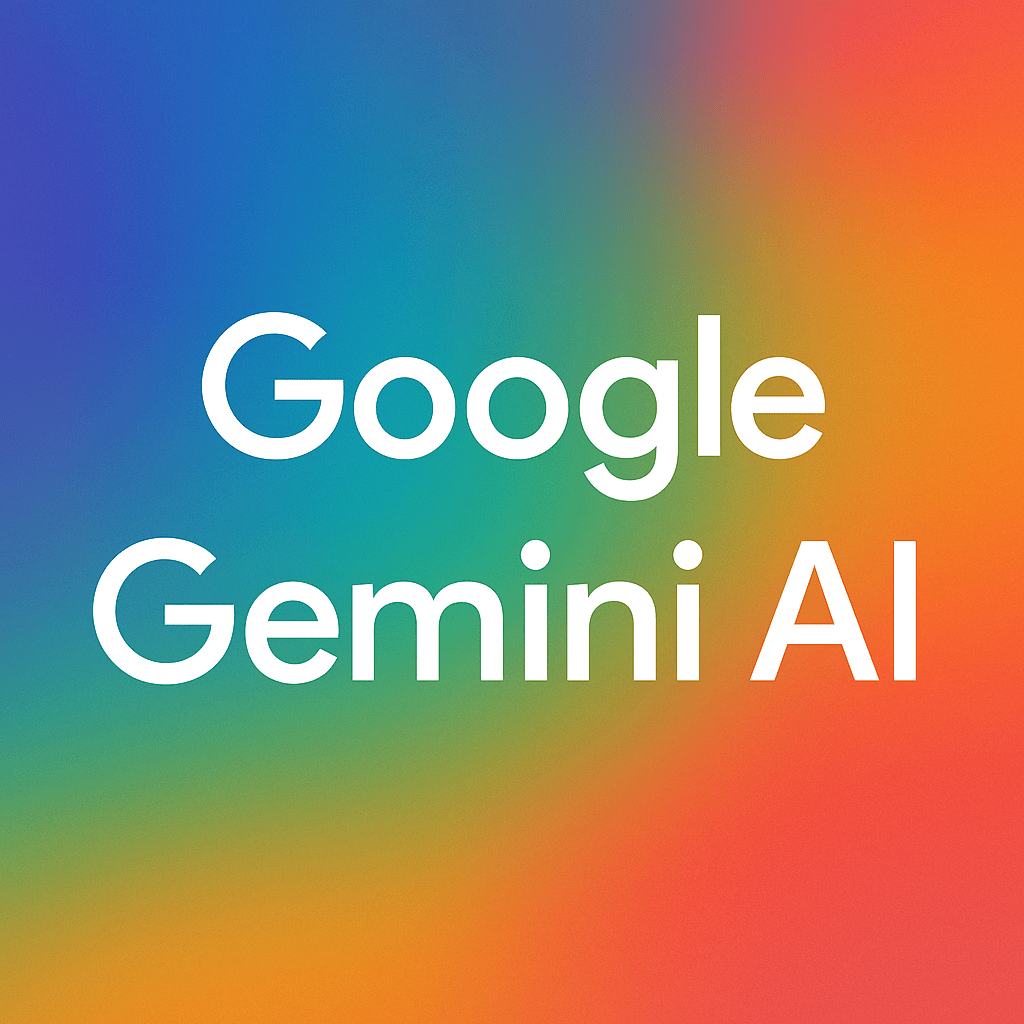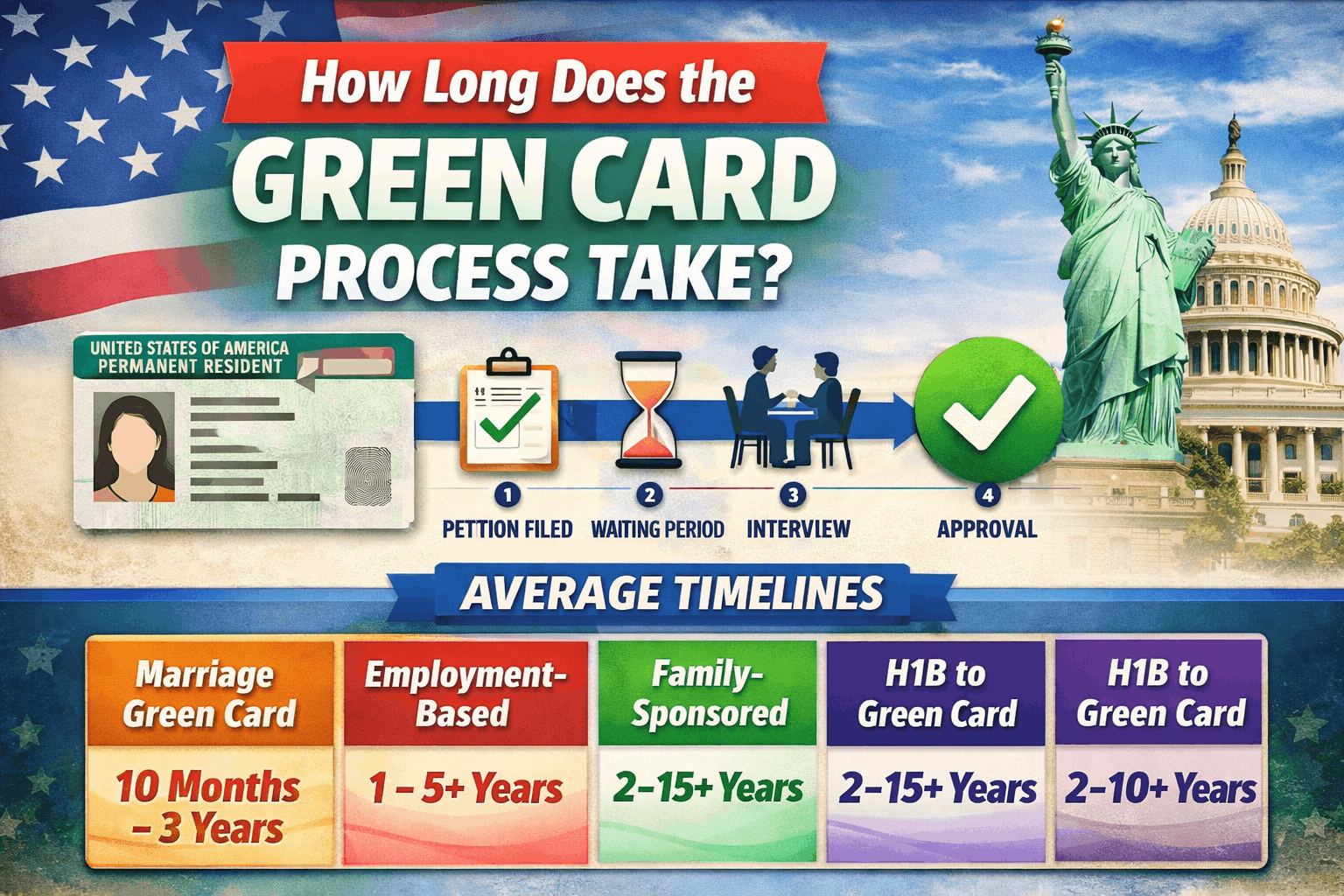|
Getting your Trinity Audio player ready... |
In a remarkable leap for artificial intelligence, Google Gemini AI has achieved what was once thought impossible winning a gold medal at the prestigious International Mathematical Olympiad (IMO). This achievement not only sets a new benchmark in AI capabilities but also drew attention from tech giants like Elon Musk, who congratulated Google CEO Sundar Pichai following the announcement.
A Historic Win for AI in Education and Reasoning
The 2025 IMO, held in Australia this month, witnessed a groundbreaking moment when Google Gemini AI, developed by Google DeepMind, successfully solved five out of six highly complex mathematical problems a feat that secured it a gold medal in the global competition for high school-level mathematicians. This marks the first time in history that an AI system has attained such a level of success in the Olympiad, signaling a major Google AI breakthrough in cognitive reasoning and symbolic problem-solving.
The announcement was made by DeepMind CEO Demis Hassabis, who proudly shared that the AI model’s performance had exceeded expectations. “The official results are in Gemini has won a gold medal at the International Mathematical Olympiad! An advanced version solved 5 out of 6 problems. Incredible progress,” Hassabis posted on X (formerly Twitter), giving special mention to lead researcher Thang Luong and his team.
Elon Musk on Google Gemini: “Congratulations”

Notably, Elon Musk, who once expressed skepticism toward the rapid rise of AI, reacted to Sundar Pichai’s AI news with a one-word post: “Congratulations.” This subtle yet meaningful acknowledgment came in response to Pichai’s post celebrating Gemini’s progress from silver to gold in just one year.
“From silver to gold in just a year the pace of progress in mathematical reasoning is astonishing! Congratulations to the @GoogleDeepMind team,” Pichai wrote.
Interestingly, this isn’t the first time the two tech leaders have shown mutual respect. Earlier this month, Pichai had also congratulated Musk’s AI venture, xAI, on the launch of Grok-4, calling it “great progress.” The unfolding narrative of Gemini AI vs Grok adds another layer of intrigue to the ongoing AI race among the world’s top innovators.
DeepMind Gemini Achievement: More Than Just a Medal
The impact of this milestone goes far beyond a symbolic victory. The DeepMind Gemini achievement represents the rapid evolution of artificial intelligence in domains previously dominated by human intellect. Solving Olympiad-level math problems requires deep reasoning, abstract thinking, and an ability to process multilayered logic skills that were traditionally out of AI’s reach.
Thang Luong, a senior research scientist at Google DeepMind, emphasized the system’s autonomy in an interview.
“We solved these problems entirely in natural language. There was zero human intervention — no hints, no fine-tuning during problem-solving. This was pure AI reasoning,” he said.
Last year, DeepMind’s AlphaGeometry and AlphaProof systems managed to secure a silver medal by solving four out of six IMO problems. While that was groundbreaking in itself, Gemini’s leap to gold in 2025 shows a steep acceleration in AI learning and logical deduction capabilities.
Google AI Breakthrough Signals New Era in Research

This Google AI breakthrough is expected to open doors across multiple industries from education and research to space exploration and pharmaceuticals. AI systems like Gemini could eventually assist scientists in solving complex mathematical models, optimizing algorithms, and even advancing theoretical research.
What sets Google Gemini AI apart is not just its problem-solving capacity, but its human-like understanding of natural language, allowing it to interpret and approach problems as a trained mathematician would. This level of contextual intelligence makes it a tool of immense potential for researchers and engineers alike.
The Road Ahead: Collaboration, Not Competition
While the buzz around Gemini AI vs Grok continues to stir conversation among tech enthusiasts, the real takeaway is the growing need for collaborative development in the AI space. As both Google and xAI push boundaries, the future of artificial intelligence seems to be headed toward responsible innovation, shared benchmarks, and transformative applications.
The fact that leading minds like Sundar Pichai and Elon Musk acknowledge each other’s progress sets a positive tone for the tech ecosystem one where breakthroughs are celebrated not just as corporate wins, but as collective human advancement.







